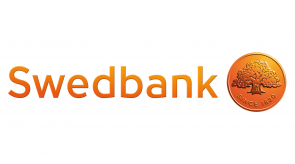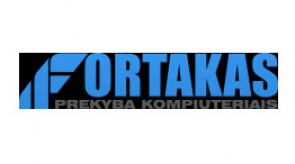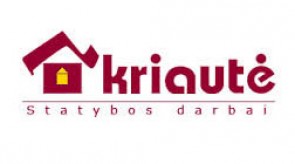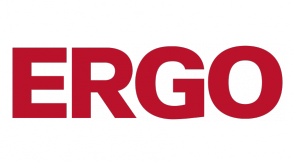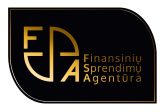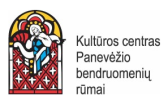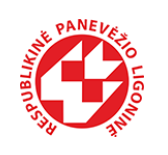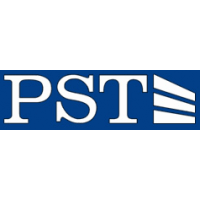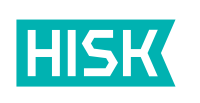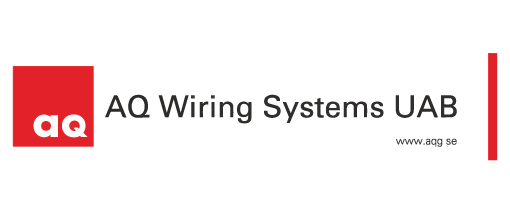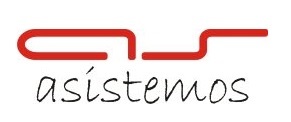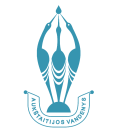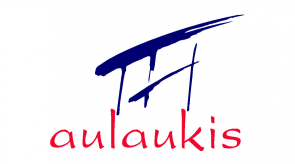Physiotherapy
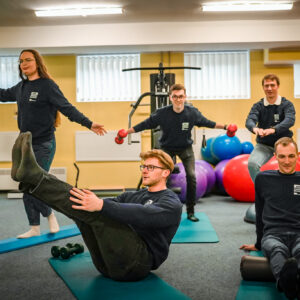 Study mode and duration: full-time (3 years).
Study mode and duration: full-time (3 years).
Study programme is carried out: Panevėžio kolegija/State Higher Education Institution, Faculty of Biomedical Sciences
Degree and professional qualification: professional bachelor of health sciences; professional qualification of physiotherapist.
Volume of study programme in credits: 180 ECTS credits.
Why choose this programme: study programme is to prepare specialists of physiotherapist. Graduates who have acquired professional qualification of a physiotherapists will be able to work in all levels health care and rehabilitation facilities, schools, specialized education and child care facilities, wellness and fitness centers.
Please check Rules for Admission for foreigners
| General modules (subjects) of college studies |
|---|
| Module 1. Bioethics (Professional ethics; Basics of health law and management; Basics of scientific style) |
| Modules (subjects) of study field |
| Module 2. Anatomy, physiology and general pathology |
| Module 3. Professional communication* (Communication and health psychology; Health education) |
| Module 4. The science of motion (Kinesiology and biomechanics; Therapeutic physical exercises) |
| Module 5. Preclinical subjects* (Physical activity and health; General physiotherapy) |
| Basics of health care |
| First medical aid |
| Specializations / Alternative modules (subjects) |
| A1 Professional foreign language (English, Russian, German) (Module 3) |
| Practices |
| Cognitive physiotherapy practice (Module 5) |
| General modules (subjects) of college studies |
|---|
| Basics of entrepreneurship |
| Modules (subjects) of study field |
| Information technologies |
| Physiotherapeutic examination and physiotherapy techniques |
| Module 6. Clinical physiotherapy I (Internal medicine and geriatric physiotherapy; Traumatological, orthopaedic and surgical physiotherapy) |
| Module 7. Physical medicine and rehabilitation* (Physiotherapy; Basics of rehabilitation; Kinesiotaping techniques; Massage) |
| Basics of healthy nutrition |
| Specializations / Alternative modules (subjects) |
| A2 Physiotherapy in sports / SPA philosophy |
| Electives subjects set by the College |
| PD1 – optional modules (subjects) foreseen by the order of the Director. |
| PD2 – optional modules (subjects) foreseen by the order of the Director. |
| Practices |
| General physiotherapy practice (Module 7) |
| Modules (subjects) of study field |
|---|
| Module 8. Clinical physiotherapy II (Neurological physiotherapy for children and adults) |
| Module 9. Clinical physiotherapy III (Gynaecological, obstetric and paediatric physiotherapy) |
| Methodology of applied scientific research |
| Practices |
| Module 10. Clinical physiotherapy practice |
| Final practice and supervision** |
| Final thesis** |
* Practice is integrated into the content of the module
** Final module
A1, A2 – alternatively chosen modules (subjects) foreseen by the study field programme committee
This study plan applies from 2023
Attention to practice: practical skills are being improved by students during practice in a real environment in personal health care, rehabilitation, education and social welfare institutions. Partners: Panevezys Republican Hospital, the Center of Physical Medicine and Rehabilitation, Union of Panevezys Disabled People, Panevezys Disabled People’s Society, “Dailusis ornamentas”, Panevezys Palliative Care and Nursing Hospital, St. Joseph Care Home, beauty home “Tropiku saule”, wellness center “Energetikas”, Panevezys Center of Special Education “Sviesa”, Panevezys Special school – multifunctional center, wellness and SPA center JSC “VIA UNICA” and other republican institutions of treatment and rehabilitation.
Opportunities for international studies: students of the programme have the opportunity to study according to the ERASMUS student exchange program.
Career opportunities: graduates may pursue study results if they wish to study at university according to the study programmes of the first cycle. After the bridging courses or having accomplished the requirements of other higher educational institution, students have access to continue studies in the second study cycle with the view to attain master’s degree.
The aim of the programme Physiotherapy – to prepare a physiotherapist who is able to work independently and/or in teams with rehabilitation professionals, to provide health care services, to follow holistic approach, in researching and assessing a person’s functional and physical condition, to achieve maximum functional activity, to compensate disability, ensure health care and prevention, and develop science-based practice in professional activity.
Learning outcomes:
- Students know human rights and national health care and rehabilitation policies, legislation and documents governing a physiotherapist’s activity.
- They know the basics of applied research methodology and ethical principles applying physiotherapeutic examination, assessment and treatment techniques for various age groups people.
- They are able to carry out scientific applied research, interpret, analyze, summarize and present the results.
- They are able to apply scientific research and evidence-based practice in dealing with rehabilitation problems and develop innovative professional activity.
- They are able to assess a customer or patient, to select and apply the functional and physical testing techniques for physiotherapy diagnosis determination, foresee the work process results and prognosis, to fill in and analyze professional documentation.
- They are able to analyze and evaluate critically the problems, associated with personal psycho-social, cognitive, emotional, physical condition and dysfunction.
- They are able to establish and apply comprehensively physical therapy programs, to manage physiotherapy treatments, and together with a client or patient and his family members assess and analyze the professional performance.
- They are able to work in a team, to carry out preventive activity and integrate science-based research and practice in their professional activity.
- They are able to cooperate and communicate in Lithuanian and foreign languages with rehabilitation, health care professionals, customers or patients and their relatives in line with the principles of professional ethics.
- They are able to generate innovative ideas, adapt to new situations and strengthen the image of physiotherapy profession.
- They are able to evaluate, act and make decisions independently on the basis of critical, scientific, and lifelong learning attitude.
- They are able to use modern information technologies in a physiotherapist’s practice and take care of their professional identity strengthening.

